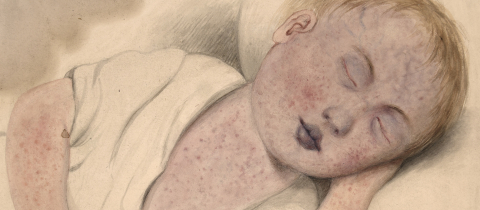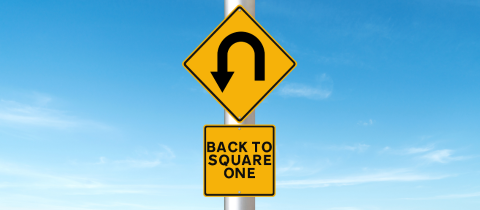This article was first published in The Montreal Gazette.
The other day, while running on the mountain, I was stopped by a well-meaning bystander who warned me not to wear a mask while running. He had heard from a friend of a friend that if you exercise while wearing a mask, your lungs could explode. He then nodded knowingly and went along his way.
The pushback against masks has been quite surprising. Admittedly, at the beginning of the pandemic most people, myself included, did not think masks were going to be a significant way to stop the virus’s spread. Only later did it become clear that a significant number of people have either no or minimal symptoms and might be spreading the virus to others inadvertently during regular activities. That’s why recommendations surrounding mask use changed. While your mask probably will not protect you from others, it will protect others from you.
Some people are worried that masks themselves are dangerous. I have been forwarded numerous articles from friends that outline two main fears. The first is that while wearing a mask, you will breathe virus particles back into your lungs and become sicker. This is not true. If you already have COVID-19, then the virus is already inside you and replicating in your cells, and the number of virus particles that might stick to the inside of your mask would be trivial compared to the number of virus particles already in your body. Your body will clear the infection when your immune system manages to neutralize the virus inside of you, and not by expelling it into the environment. Coughing out the virus does not make you healthier, it only makes the people around you sick. Also, if you are already sick, you cannot infect yourself.
The other concern is that wearing masks will deprive you of oxygen. This, too, is untrue. There are actually only two ways to develop low oxygen levels in the blood. One is to deliver less oxygen into the lungs, and the other is to impair the lungs’ ability to allow oxygen to diffuse into the bloodstream. A mask will obviously not impair gas exchange within the lungs, and the cloth face coverings advocated by public health experts do not provide an airtight seal that would impair oxygen delivery into the airways. Furthermore, masks are designed to filter out large particles, like water droplets, and cannot stop tiny molecules like oxygen that can infiltrate between the weave of any fabric. It should also be noted that diseases like COPD are defined not by low oxygen levels, but by high levels of carbon dioxide. In COPD, the problem is not usually about getting air in, but in blowing air out, because of the air trapping that occurs as lungs become diseased.
It is frankly implausible to think that wearing a mask is dangerous. Think of all the surgeons, nurses, anesthetists, and perfusionists that have worn masks during long operations and suffered no ill effects.
There are certainly some people for whom masks pose a problem. People who are hearing impaired may rely on lip-reading to understand what is being said to them and patients with dementia may not recognize family when they are wearing masks. In such circumstances, transparent face shields or visors can overcome these difficulties while still providing a barrier between you and others.
Wearing a mask can be uncomfortable if you are not used to it, just as wearing a necktie can be burdensome if you are not used to formal attire. But so far as I know, no man has ever died because he had to wear a tie, and I am certain that no one’s lungs have exploded because they wore a mask.







